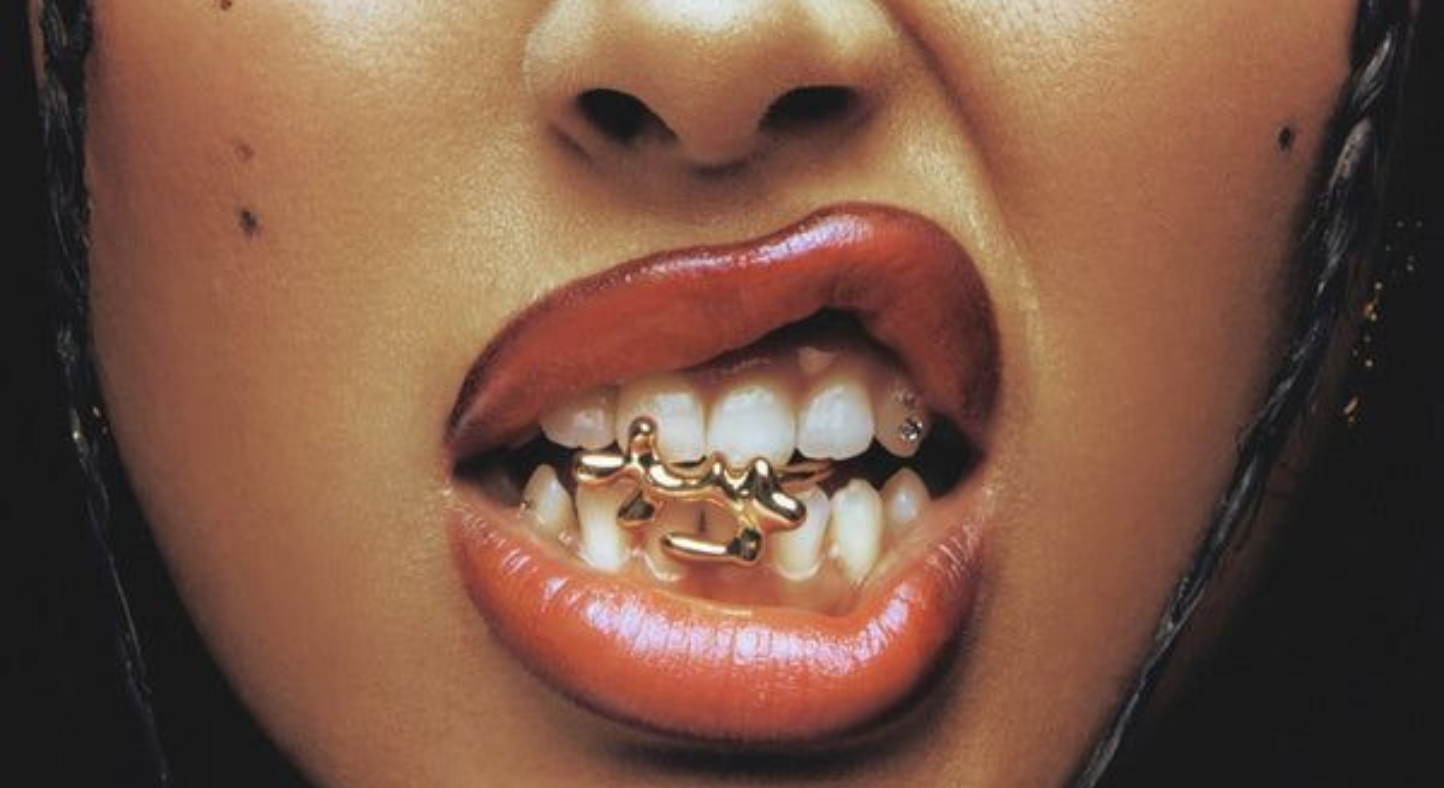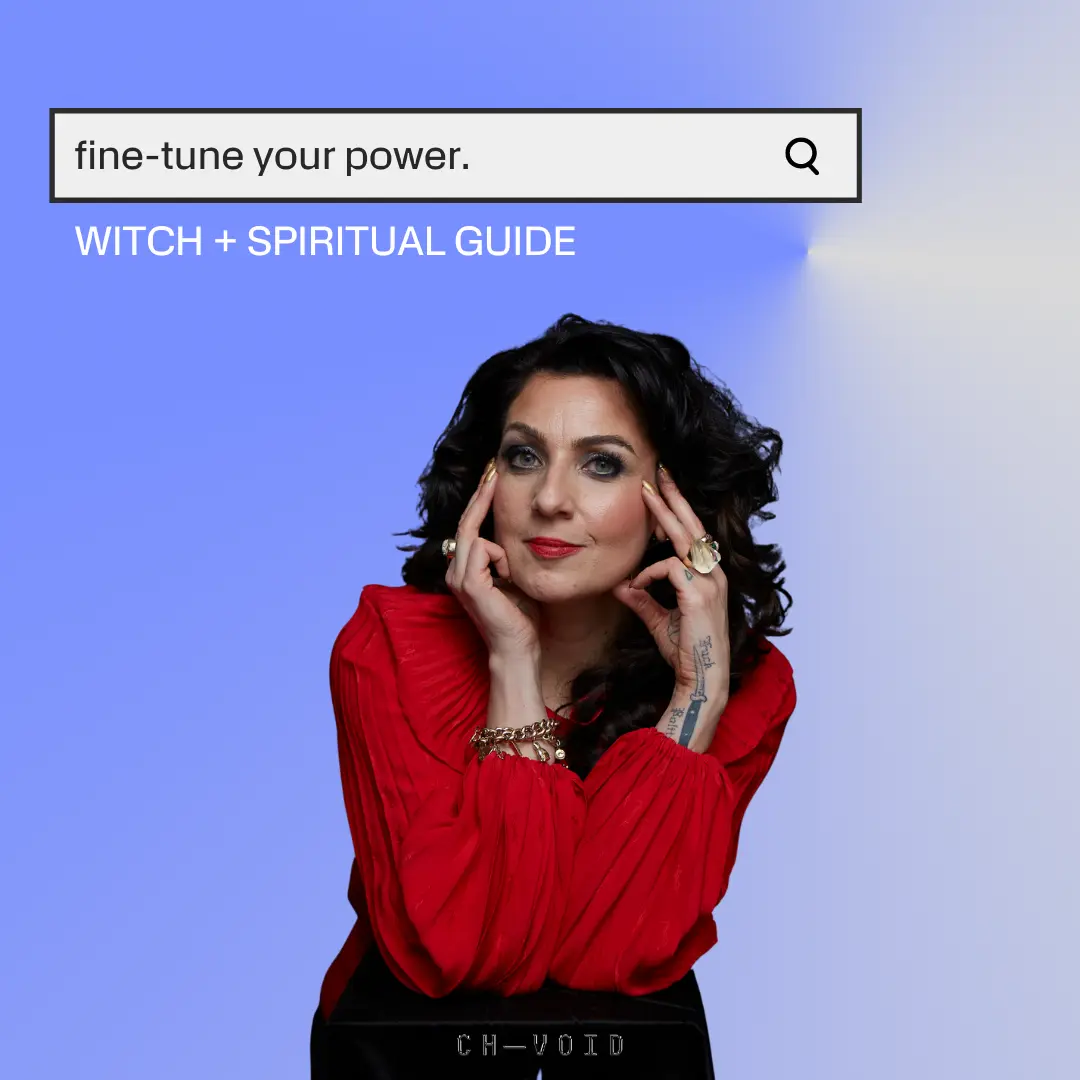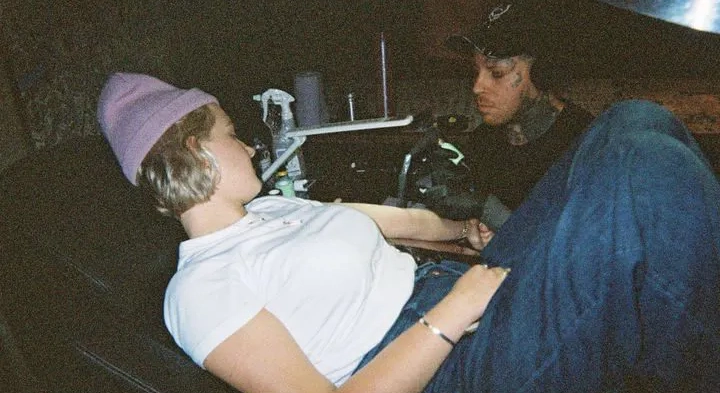Mo money, mo problems
A privileged delusion of money dysmorphia
What does a neurotic relationship with money look like?
It is lying by omission when I declare, ‘I can’t afford it’. It is a frenzied panic when faced with an unexpected bill. It is crying wolf that ‘I have NO money’ despite living at home and earning a salary that’s largely disposable.
I’d be safe to self-diagnose myself with ‘money dysmorphia’ – the feeling of not having money, even though you do. Online confessions of money dysmorphia typically focus on the rags-to-riches narrative. Writers recount the anxiety of upward class mobility as a barrier to becoming comfortable with their newfound ‘wealth’.
But from a position of privilege, money dysmorphia is a tone-deaf delusion. For it is ignorant to be such a rational lightweight without ever truly being shaken and stirred by an irrational world.
BURSTING THE BUBBLE OF SUBJECTIVE WEALTH
Why do people, myself included, feel poorer than we are?
If my income was cut off tomorrow and I had to move away to a jobless town, I could afford to support myself, frugally, for the better part of a year. Yet I still ‘can’t afford’ to drink cocktails. I stick to wine. I ‘can’t afford’ to take Ubers. I ‘can’t afford’ lump payment bills so I put it all on credit.
I set a restrictive weekly ‘spending allowance’. Give me one local dinner out and a blonde shampoo and I’m in the negatives. I transfer earnings into an inaccessible savings account for safekeeping then fret about the remaining digits visible on the banking app.
In The Psychology of Money, Morgan Housel observes that our unique worldview determines what it means to ‘have money’.
My Ukrainian grandmother grew up poor, always lived on a rougher end of town, yet is an enthusiastic philanthropist for all six grandchildren. On the flip side, my other grandparents reside in a gated community, on a golf course with a firm ‘We don’t fly lower than business class’ stance yet, in comparison to their Ferrari-driving neighbours, would classify themselves as middle class.
In this way, wealth is more of a perception than a number. Numerous studies have explored the impact of objective versus subjective wealth on our money mindset and behaviour. Relative deprivation further distorts such perceptions. It’s ‘feeling poor’ when surrounded by those better-off. Leandra Medine is a habitual offender.
IS MONEY IN AN INDIVIDUALISTIC CULTURE A PSYCHOLOGICAL HAZARD?
Western culture is inebriated with a self-empowered, ‘Every Man For Himself’ mentality. In the Wild West, we are raised to be the architects of our own life.
Geographic and cultural forces are at play here. In the late 19th century, US and European experts were brought in to strengthen the Japanese frontier of Hokkaido against foreign threats. Over a century on, this Western influence still lingers. The people of Hokkaido are more individualistic, hungry for success and socially disconnected, a silhouette we’re familiar with in Australia or the US. Researchers use this as proof of the haemorrhaging of social-ties inflicted by our surroundings.
To be emancipated from such ties is to loosen the shackles of social obligation. With more money, we have more choices and more control. As we become more autonomous and empowered in our individuality, we free ourselves from the need to depend on others; now less susceptible to their influence. We run the risk of alienating ourselves in the process. When we become so inhabited in our self-sufficiency, our self-needs only compound.
“When money fuels ambition and ambition fuels money, the hardest skill is to get the goal post to stop moving.”
MO MONEY, MO PROBLEMS.
Money is like soil. It can be used to grow things. When money fuels ambition and ambition fuels money, the hardest skill is to get the goal post to stop moving.
As long as I have goals and dreams in life, I fear money will also be a master not a servant. For the fire that fuelled climactic satisfaction leaves ashes of enduring dissatisfaction. When physicist Alan Lightman wrote, “If a person holds no ambitions in this world, he suffers unknowingly. If a person holds ambitions, he suffers knowingly, but very slowly”, he plays into the Catch 22 of the ubiquitous nature of personal ambition: we press fast-forward on any internal discontent because we’re guided by ‘whens’ not ‘ifs’.
In a Western millennial culture of self-improvement and self-betterment, we become so focused on ‘becoming’ we forget about ‘being’. It is, of course, a privilege to have the value of a dollar traded for self-actualisation rather than survival.
Is the dissonance between being ambitious or content one to solve, or one to accept? After all, to rid ourselves of all ambitions, is an ambition in itself.
The true cost of ambition is losing a sense of who we are, when we lose a sense of where we are. Indebted with affluenza, we picked up the tab. Because what else could foot the bill?
It seems like a logical conclusion that, in order to truly detach from money dysmorphia, requires a loosening of our attachments to ambition.
MONEY AVOIDANCE
An alternative to ambition and accumulation is avoidance. It is the assumption that avoiding money elevates one’s moral standing. It’s culturally-charged ambivalence and is particularly palatable amongst an anti-capitalist sentiment.
In a capitalist context, we can agree money is both a benefactor and destroyer. We’re primed with a take-no-prisoners approach to pursuing pay rises, look to break the secrecy surrounding money, but in the same evangelistic speech cling to a ‘eat the rich’, anti-Bezos rhetoric. We’re anti-capitalist in public, slip up in private, but still come down hard on the virtual signallers who engage in a system they’re so eager to smash. If money really is the root of all evil, then to shun it is the growth of virtue.
I under-sell and undervalue myself, thinking it promises freedom from judgements of ego and greed. I’ll charge a freelance client for two hours when it really took me four. I’m perpetually panicked over whether to bill for extensive required research, and settle on 30 mins; as if I’d be morally bankrupt by requesting an excess lower than a 1:1 client breakfast.
I’d sell a brand new Apple charger (RRP $159) for $60 then push the tenner back into the buyers hands, as if money indifference is another score on an implied social credit system.
In this way, we box step with a waltz-like tempo between feeling morally superior but being experientially inferior to socio-political pressures.
FINDING THE MIDDLE WAY
Buddhist and Taoist teachings can prove some sort of salvation to a descent into money dysmorphic madness.
The ‘Middle Way’ of Buddhism can resolve the Western tension between financial accumulation and financial avoidance. In the Middle Way, enlightenment is an existence between two extremes. It is neither an avoidance of self-indulgence nor self-denial. It’s the sweet spot between welcoming the world, but not getting consumed by it either. “Play the game, but don’t believe in it” as Ralph Ellison writes in the Invisible World.
Alternatively, Buddhist and Taoist teachings also hold the mode of emptiness as a torchbearer to enlightenment. This differs from our understanding of emptiness as a void in need of filling. Instead, ‘emptiness’ as a state of mind is replaced with ‘emptiness’ as a mode of perception.
Because our perceptions are smoke and mirrors: an illusion rather than a reality. Look to the Yanny/Laurel debacle or the viral Blue Dress optical illusion. What we feel, we perceive. Then we think of what is perceived.
In a similar way we could consider money as mere delusion that gives us a mirage of freedom, security and choice. To perceive our perceptions as empty, we must learn to disconnect the meanings and stories we attach to money. For here an important truth emerges that the discontent we feel is entirely our own creation.





















